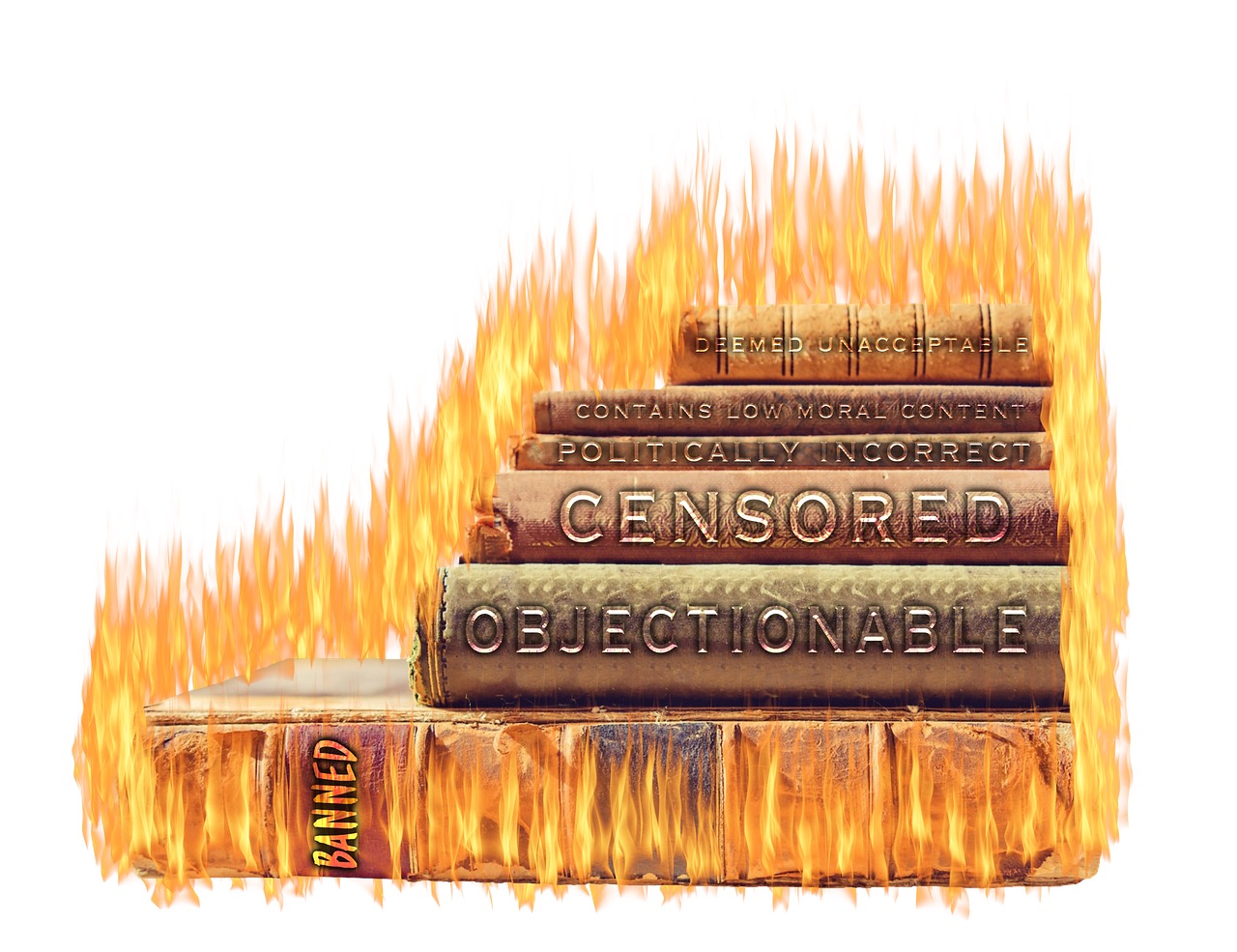Since 1982, Banned Book Week (Sept. 22-28) has been celebrated by fervent book lovers who unite to challenge the notions of book censorships worldwide, igniting intellectual discourse on the power of the pen without restraint. Founded by First Amendment advocate Judith Krug, this annual observance is promoted by the American Library Association and Amnesty International. It celebrates the right to read without boundaries, especially works that have been banned or challenged.
According to Unite Against Book Bans, “A record 4,240 unique book titles were targeted for censorship in 2023 … 47% of the books targeted for censorship were titles representing the voices and lived experiences of LGBTQIA+ and BIPOC individuals.” This raises the persistent question of why people are so drawn to banned literature and why it matters.
The Queens College community has embraced this cause, specifically within the Comparative Literature department. For Fall 2024, the department opened a section called CMLIT 381W, co-listed with Honors in the Humanities (HTH) 300, which focuses on an advanced seminar discourse of banned books. The course includes works by Salman Rushdie, Dorit Rabinyan, Gao Xingjian, and Toni Morrison.
Professor Clare Carroll, director of Honors in the Humanities, has been the driving force behind the course. For Professor Carroll, banned books are not an arbitrary topic. She explained that her interest in banned books started in high school with James Joyce’s “Portrait of the Artist as a Young Man and Dubliners,” which piqued her fascination with censorship. The interest in banned books only grew, leading her to teach her first course on banned books in Fall 2023.
Carroll explained that the surge in banned books in public schools over the past decade has fueled her motivation to teach the course.
“This increase in book banning corresponds with the rise of a particularly intolerant and inflammatory form of right-wing politics in the U.S. I felt that it would be important to examine the books being banned to understand why they are being banned and what the mechanisms for their banning are,” Carroll said.
She referenced Toni Morrison’s “The Bluest Eye” as an example, adding that, “This book’s challenge to white supremacy is a major reason for it being one of the seven most banned books in American public high schools.” The topics of sexuality and gender have long been subject of debate and drive the motivations behind book banning in many states.
Professor Carroll also mentioned Moai Kobabe’s “Gender Queer” and George M. Johnson’s “All Boys Aren’t Blue” were popular ‘offenders’ in this debate. While these books are not banned in New York, they are banned in other states such as Texas, Florida, Wisconsin, and Pennsylvania. Her analysis shed further light on the dangers of censorship, ponting out how muting these pieces of literature can limit opportunities for having intellectual discussions on diversity and inclusion that are becoming increasingly relevant.
“Right now where many kinds of speech and thought as well as publication are prohibited. It is as if we were almost returning to the McCarthy era of the 1950s when a Queens College faculty member was actually fired because of his political beliefs,” Carroll said.
This is a reference to Professor Oscar Shaftel, who was terminated after refusing to answer inquiries about Communist affiliation before the Senate Security Committee, a case detailed in “Oscar Shaftel and the Menace of McCarthyism.” Carroll suggested that examining the termination of presidents at institutions such as Harvard would give the population “A sense of the influence of right-wing members of Congress upon academia today.”
Book banning strips a level of academic integrity, something that peers in CMLIT 381W and HTH 300 are investigating. Dahlia Noray, a senior in the course, said, “These books that are deemed illicit hold some truths that can forge change. Having a class of banned books in college is stimulating especially in a diverse community like Queens where we confront the social issues that plague our cultures.”
The connection between culture and literature holds truths that people fear, and the banned books of today are powerful reminders of Banned Books Week’s message: the right to pursue knowledge, without restriction.











